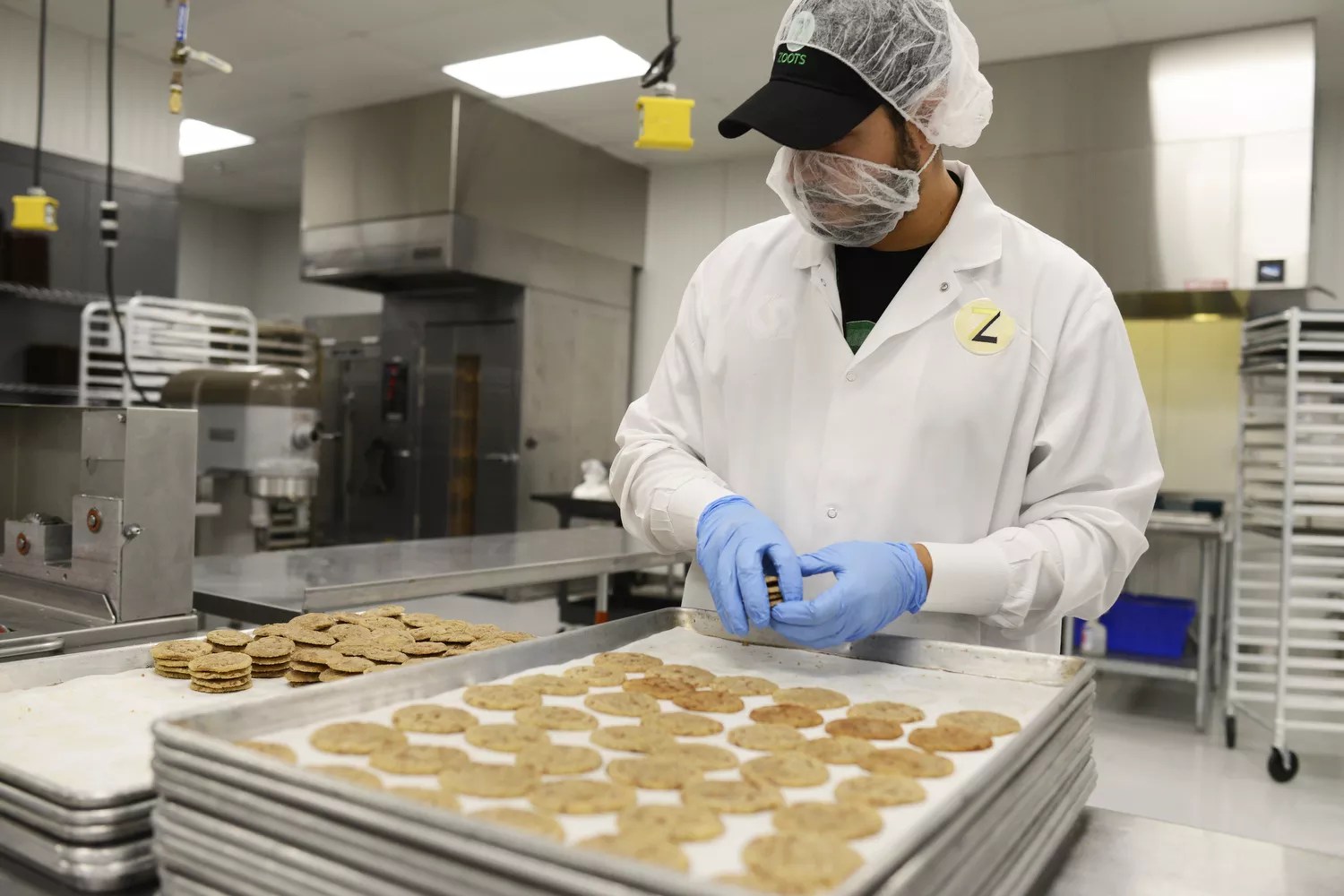
Scott Lentz

Audio By Carbonatix
Even as Colorado heads into its fifth year of legalized recreational marijuana sales, regulations guiding the state’s cannabis industry continue to change. In 2017, the state Supreme Court, Marijuana Enforcement Division, state legislature and local municipalities all decided on laws and ordinances that affected how cannabis is grown, sold and consumed.
Keeping up with all of the updates to cannabis laws and their consequences can make your head spin. Here’s a chronological list of prominent legal changes – or attempted legal changes – that took place in 2017.
“No More Vaping in National Parks, but Is NPS’s Reasoning Sound?“
The National Park Service announced in January that vaping – including all electronic nicotine-delivery systems – would no longer be allowed in any national parks; the NPS didn’t forget to include the electronic systems many of us use to covertly consume cannabis in public.
“Cops Can Destroy Seized Weed, Colorado Supreme Court Rules“
After legalization in Colorado, any time police seized cannabis in a criminal investigation, they were required to care for it – either by keeping the plants alive or by returning the marijuana in a usable form to the owner. But in January, the Colorado Supreme Court ruled that requiring police to store marijuana in evidence and return it violates federal law, and that the evidence must be destroyed.
“Thornton Approves County’s First Recreational Dispensary“
On March 23, Thornton City Council approved a license for its first retail pot store, but not without some hesitation from councilmembers.
“Denver City Council Extends Dispensary Hours to 10 p.m.“
On April 24, Denver City Council extended dispensary operating hours after months of studying the issue. Previously, dispensaries were allowed to stay open until 7 p.m., but a majority of the city’s retail dispensaries have since extended their closing time to 10 p.m.

The jury is still out on Denver’s social consumption saga.
Ken Hamblin
“Sorting Through the Harvest of Marijuana Bills Passed by the Colorado Legislature“
The legislature’s fifteen new laws address a wide array of issues in recreational and medical marijuana, industrial hemp and the gray and black markets. New laws that received the most attention include HB1220, which decreased home-grow plant counts for medical patients, and SB17, which added post-traumatic stress disorder as a medical marijuana condition.
“Colorado Appeals Court: Signal From Drug Dog Can’t Be Sole Reason for Car Search“
The Colorado Court of Appeals set a new precedent on July 13 when it ruled that signals from a drug-sniffing dog were not enough to allow officers to search a vehicle without permission.
“Denver Businesses Can Now Apply for Social Consumption Permits“
More than nine months after being approved by voters in November 2016, Denver’s social marijuana consumption initiative took off on August 24, when the city began accepting applications for pot-infused arcades, cafes and yoga studios. The city received its first application on Friday, December 8.
“MED: No More Edibles Shaped Like Animals, Fruit or Humans“
In October the Marijuana Enforcement Division prohibited the production and sale of edibles shaped like humans, animals or fruit. The decision was the result of a bill passed in April 2016 that banned THC-infused lemon drops, gummy bears and other edibles that might be attractive to children.

A Bronnor Corporation employee prepares Zoots infused snickerdoodles for packaging.
Scott Lentz
“Blame Game Sh*tstorm After Marijuana Special Session Flops“
Governor John Hickenlooper called a special legislative session in October to try to fix a gaffe in a new law pertaining to marijuana taxes. What followed was a blame game in which Republicans and Democrats tried to score political points while special districts such as RTD continued to lose thousands of dollars a month.
“Mandatory Potency Testing of MMJ Edibles, Concentrates Starts November 1“
Potency testing has been required of all retail marijuana products since 2014. In 2015, the requirement extended to all infused and medical marijuana products. The actual testing began in November, after state-approved cannabis-testing labs were deemed proficient.
“Colorado Marijuana Election Results: What Happened, and Where“
More than a dozen towns and counties across Colorado voted on cannabis business and sales-tax measures on November 7, with the vast majority approving the measures. A small southeastern Colorado town legalized recreational marijuana sales, while other municipalities rejected it.
“New Cannabis Rules Go Into Effect January 1“
Several new rules and regulations for legal cannabis in Colorado were finalized in November and will go into effect January 1, 2018, according to the Marijuana Enforcement Division. The MED had been holding stakeholder meetings and accepting public feedback on many of the proposed rules since September; they include updates to packaging regulations, a new state program for medical cannabis research, and more.